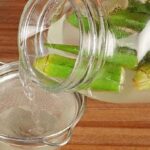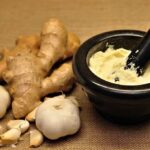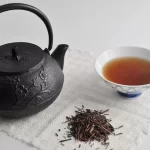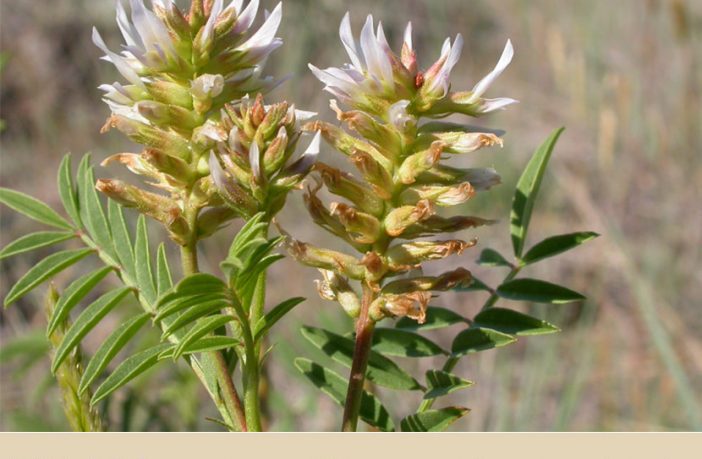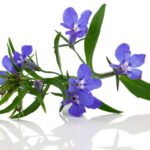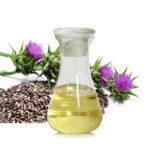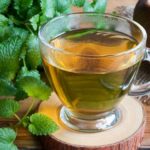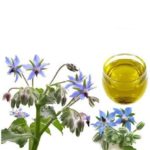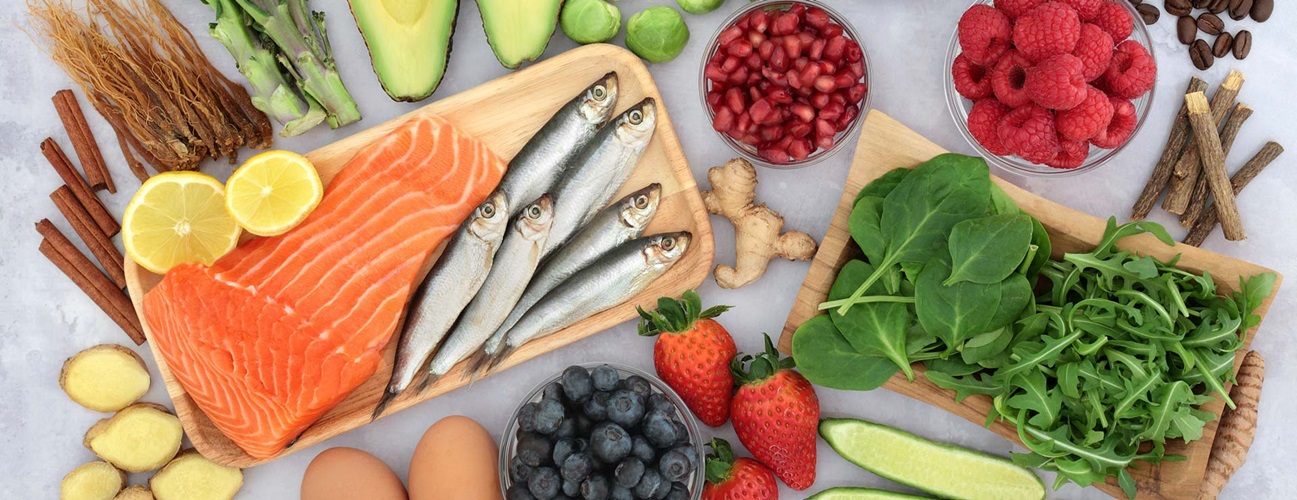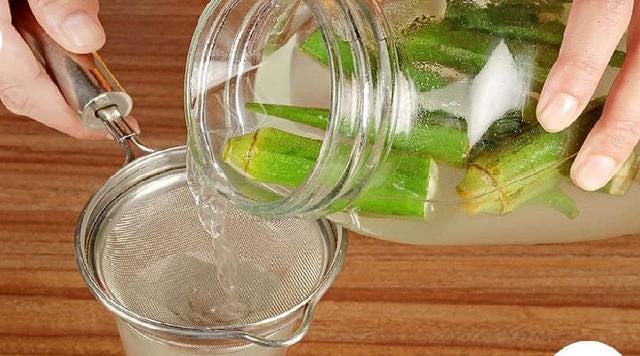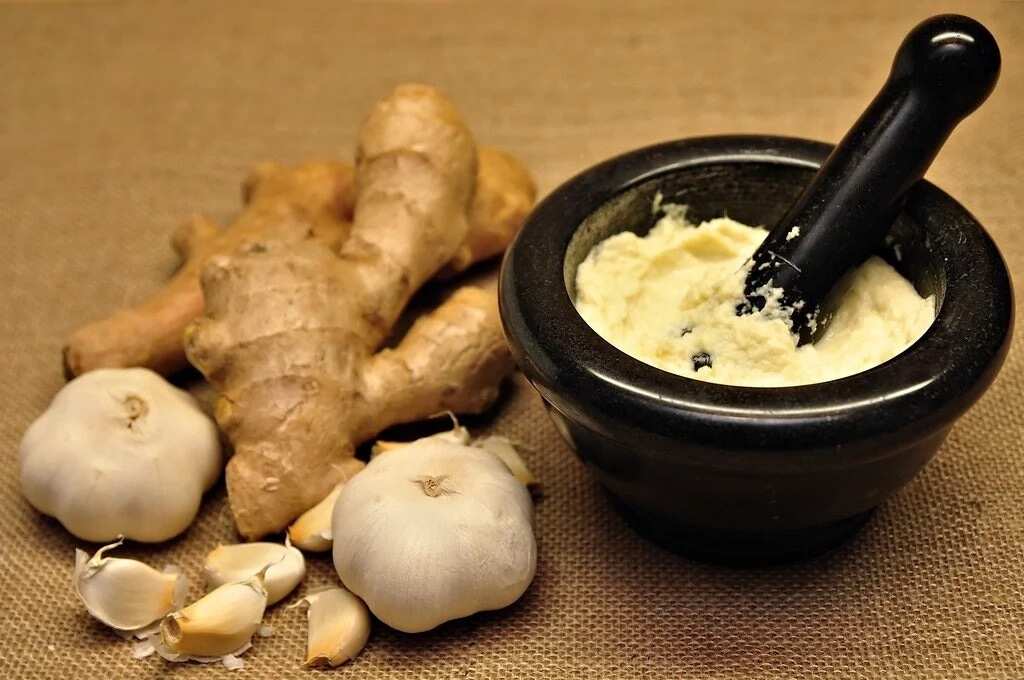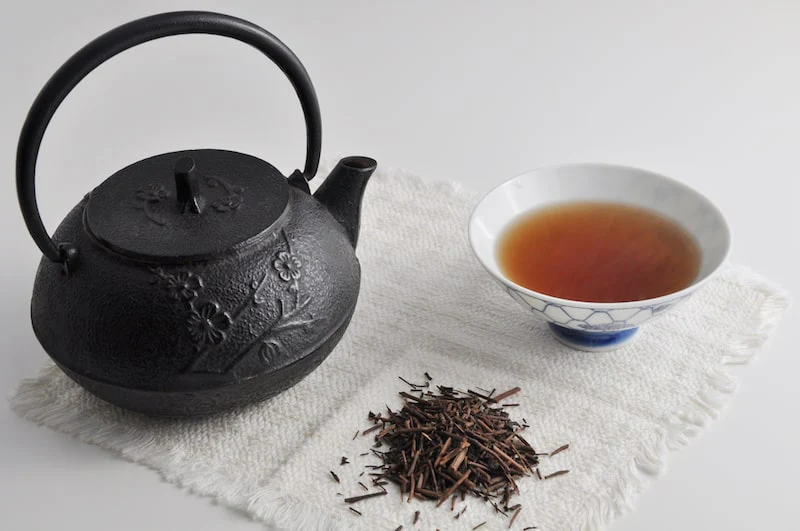MEDICINAL USES AND BENEFITS OF LICORICE
One of the medicinal uses of licorice lies in its ability of having effective digestive and pectoral properties and according to Medical News Today, Licorice since inception has been a remedy proven to have effective health benefits both in laboratories tests and clinical studies.
Licorice is a vivacious plant (herb) which belongs to the leguminoseae family, it grows up to 1.5 m high. Licorice has blue-violet flowers and the fruits are legume-like. Many rhizomes grow from its root and the parts used for medicinal purposes are the roots and the rhizomes.
A herb that has been in use and also used by people in ancient times to treat various ailments. Although, it has many medicinal effects proven by science, however, it may not be suitable for everybody.
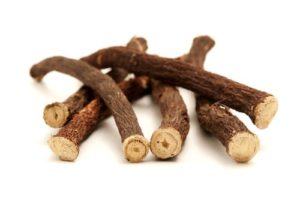
The act of smoking licorice cigar is frequently seen in schools in Southern Europe and it seems that sucking licorice is somewhat a better habit than smoking tobacco or other forms of cigarette.
They enjoy the special flavor which the wood offers and in essence, it is quite a good antidote for tobacco because it offers great pectoral and digestive properties. It also seems to help people give up on tobacco.
SEE ALSO: Health Benefits of Blueberries
The flavor from licorice has made it become a sweetener used in coating medications in pharmaceutical industries and also a sweetener in candies. Be that at it may, most candies do not contain any portion of the licorice plant, instead manufacturers use anise oil because it has the same smell and taste such as those of licorice.
You can get licorice in form of candies, liquid extract, herbal teas, powder, chewable tables etc.
Properties and Indications of Licorice (Medicinal Uses)
There are several groups of substances which are quite active in licorice. The following are some active substances that can be found in licorice and are quite beneficial medically:
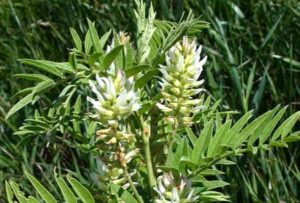
Triterpene Saponins: These are some of the active substances that are responsible for antitussive, anti-inflammatory, expectorant and emollient properties in licorice.
Vitamins: Vitamin B group, resins and sugars
Flavonoid Substances: There is significant amount of atropine and lichirhitine which offer some antibiotic, antispasmodic, digestive and also healing properties.
There are so many ways in which people can employ the medicinal purposes of licorice.
- By combing or mixing the licorice herb with aloe vera gel to help treat eczema.
- By buying a herbal tea which contains licorice as its primary ingredient for the treatment of sore throat.
- Using the liquid from licorice and then adding it to a beverage for the treatment of stomach problems or ulcer.
- Consuming the capsules or chewable tables should be based on the prescription and instructions stated on the leaflet or instructions given by doctors or physicians.
READ ALSO: Benefits of Blackcurrant
Medicinal Uses of licorice Cont’d
Most of the compounds in licorice possesses antiviral and also antimicrobial properties. These compounds are over 300 in their different forms.
Hepatitis C
Hepatitis is a virus which contaminates the liver; however, with glycyrrhizin the ailment may become treated. Inability to offer treatment is capable of causing liver damage and inflammation.
In Japan, some people who got chronic hepatitis and do not seem to response to other forms of treatment are treated with the injectable form of glycyrrhizin, and studies carried out in laboratories suggest it may be quite helpful.
NOTE:
Lower potassium levels
There seem to be a drop in potassium levels due to too much consumption of licorice and according to the U.S. Food and Drug Administration, it may result to:
- high blood pressure (HPB)
- abnormality in heart rhythms
- inflammation
- tiredness
- heart failure due to congestion
YOU MAY LIKE: Lavender Uses and Benefits
The following applications are quite with licorice:
Respiratory Afflictions: Application of licorice helps promote easing cough, expectoration and also reduces the airways inflammation. It is noteworthy that licorice antibiotic properties are targeted against some known bronchi pathogen bacteria. It is also applicable for tuberculosis.
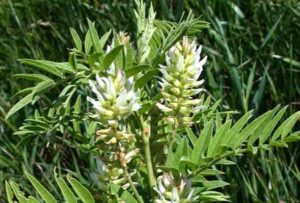
Therefore, the applicable is quite effective against bronchitis, bronchi catarrh, cough, laryngitis, tracheitis and hoarseness.
Ulcer (Gastic and Duodenal ulcer): In the early 1950’s, it was scientifically proven to be capable of healing duodenal and stomach ulcers and there have been many witnesses to this especially those who got healed from the application of licorice.
It is said that licorice forms a protective film which favors the mucous membrane of the stomach thereby halting the action of corrosion of the gastric juice which is aimed to act on this mucous membrane and at the same time providing immediate or quick healing.
In essence, the licorice extract plays major role of various anti-ulcer medicines.
Afflictions on the Digestive tracts: Licorice helps calm the acidity of the stomach and also resolves the upset stomach sensation. It is quite effective and active for all forms of belching and gas, intestine and liver colics, dyspepsia, stomach ache and gastritis.
Gynecologic Affliction: It is active against menstrual aches and this is due to its tispasmodic action of this wonderful plant.
Tobacco Addiction: Licorice helps in regeneration of the respiratory and digestive mucous membrane and also helps defeat the craving to smoke.
For skin, mouth and eye afflictions: Externally, it is used for the treatment of eczema, impetigo, psoriasis etc. The application is active in eye bath when treating conjunctivitis, and also effective for treating stomatitis by mouth rinsing method.
SEE ALSO: Benefits of Eggplant
PREPARATION OF LICORICE FOR ITS MEDICINAL USES
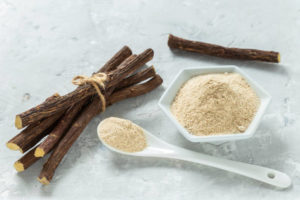
For external use:
- Make an infusion with about 50 g of root (dry) per liter of water. It is not a must to have the water boiled, however, hot water is good enough. Drink three (3) or four (4) cups per day.
- To make a cold extract: Allow steeping for a night using about 40 to 50 grams of ground root in a liter of cold water. In the morning, strain and drink about three to five cups every day.
- Normal Extract: The extract is black and usually sucked. It is recommended to make use of this extract when it is sweetened with sugar. However, the licorice cigar without sugar is better and can be combined with other plants extracts such as anise or peppermint.
For External use
An infusion same as the one mentioned above should be employed for external application in:
- Eye bath
- Rinsing of the mouth
- Compresses on the skin
Warning:
A significant amount of steroid substance can be found in licorice and it facilitates the stimulation of the suprarenal glands. Therefore, when it taken in high doses, it is deemed to display symptoms of hyperaldosteronism, retention of fluid in the ankles, headache, high blood pressure, muscle cramps among other.
Again, consumption of licorice for a very long periods of time is not advisable in the cases of pregnancy or when some treatments such as one based on corticoid are followed.
FOR MORE ARTICLE VISIT BLOG HERE
Health Benefits of Blueberries
Anxiety and an Anxiety disorder
Anxiety and an Anxiety disorder

A graduate of Computer Science and Information Management Technology. Diploma – Caregiving, Certificates – Dementia and Diabetes Awareness and Management. A researcher, blogger, songwriter, singer and acoustic guitarist. Born in an environment where natural talents such as healing are imparted at our natural birth. This natural talents of healing is the result of our genetic inheritance and the training from family environment.


